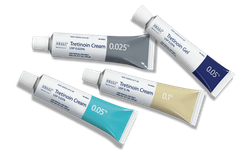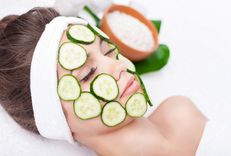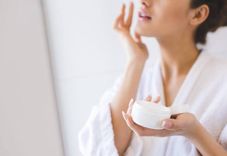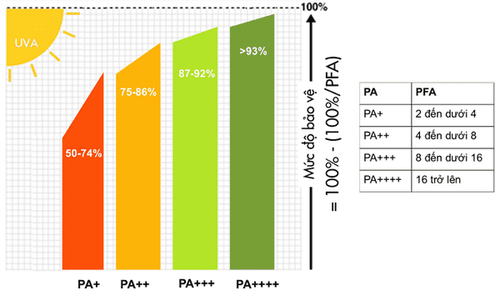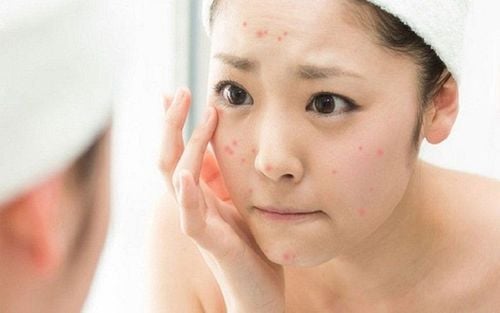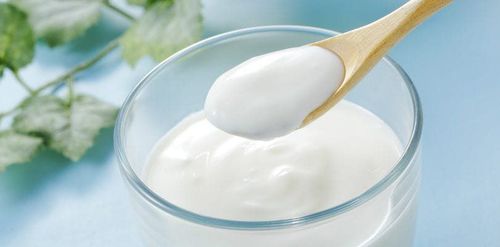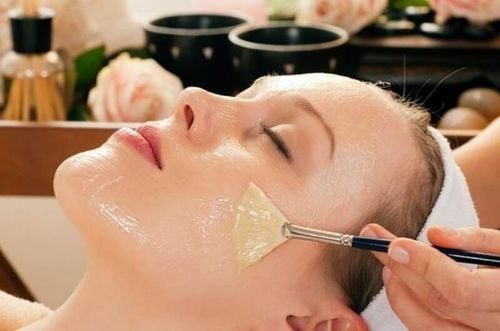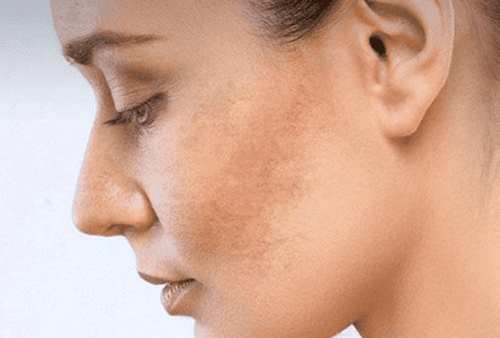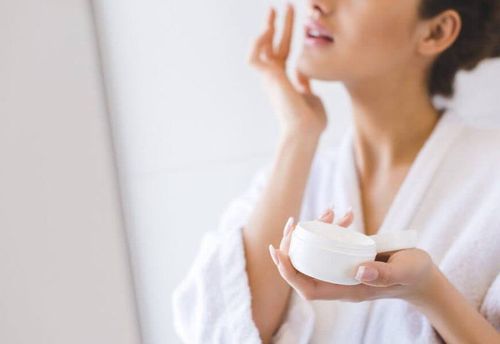The skin is the largest organ of the body and requires careful attention. Glowing skin is often seen as a sign of good health and vitality. While dull or dry skin can leave you feeling tired and fatigued. Here are 10 products and lifestyle changes you can incorporate into your home skincare routine to enhance your beauty.
1. Apply virgin coconut oil to help soothe your skin
Coconut oil is a well-known product with anti-inflammatory, antioxidant, and wound-healing properties. However, it may not be suitable for all skin types. If you have any signs of an allergy to coconut oil, it is best to avoid using coconut oil in your skincare routine.
If your skin can tolerate coconut oil without irritation, you can use it for the following purposes:
- As a makeup remover
- In skin-soothing products
- Products that help make the skin's surface healthier and brighter
Coconut oil is an effective moisturizer, try massaging a small amount onto your face and allowing it to absorb for a few minutes before washing it off with your regular cleanser.
2. Use Aloe vera to maintain healthy skin
Aloe vera is known for its healing properties and its ability to stimulate the growth of new skin cells. It soothes and moisturizes the skin without clogging pores. Applying aloe vera after washing your face each day can help you achieve a healthy glow.
Note that you may be allergic to aloe vera. So, first, to ensure it's safe for you, perform a patch test by applying a small amount to your arm and if there is no reaction within 24 hours, it should be safe to use.
3. Moisturize after washing your face
Moisturizing is essential not only for locking in moisture but also for promoting skin healing and providing antioxidant protection, this contributes to plump, bright, and youthful skin. Avoid exfoliating when your skin feels dry, and don’t skip using a moisturizer just because your face feels oily.
For best results apply moisturizer to your skin while it is still damp after showering or washing your face as this helps your skin retain extra moisture rather than just smoothing the surface.
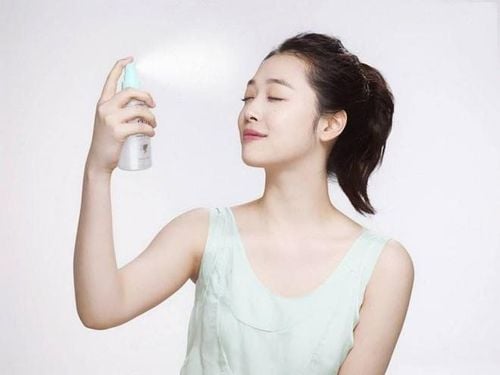
4. Apply sunscreen daily
You should apply sunscreen with an SPF of 15 or higher to help prevent skin cancer. This keeps your skin protected from harmful UV rays as well as protects against skin aging. Be sure to apply a product with sunscreen every morning, even on rainy or cloudy days.
5. Develop an effective cleansing routine
You should not wash your face too frequently, as overwashing can strip away moisture and lead your pores to produce excess oil in compensation. To maintain healthy and radiant skin, it’s generally best to wash your face after sweating, in the morning, and right before bed.
6. Avoid smoking and secondhand smoke
When your skin comes into contact with cigarette smoke, it is exposed to numerous toxic chemicals. This increases oxidative stress in your skin cells and leads to premature aging. If you smoke, consider the goal of having clear, healthy skin as a motivation to quit.
7. Drink more water
Your skin is made up of cells that need water to function properly. The connection between drinking water and having healthy skin is well-established. Research has shown that there is a strong link between drinking more water and having healthy skin. You should drink at least 8 glasses of water a day for healthier skin.

8. Eat to nourish your skin
Eating a diet rich in fruits and vegetables will boost the vitamins and antioxidants in your body. Consuming healthy fats, such as fish oil, while avoiding processed foods high in preservatives can greatly improve the appearance of your skin.
9. Take probiotics
Probiotic supplements can help boost your immune system, improve digestion, and reduce bloating and inflammation in the digestive tract. A 2014 study found that probiotics can contribute to healthier hair and clearer skin.
10. Shorten your shower time
Steam and heat can open up your pores and help your body eliminate toxins. However, splashing hot water on your skin for more than a few minutes at a time can strip the oils from your skin, leaving it looking tired and dull. Try to minimize your exposure to very hot water. You might also consider lowering the temperature of your shower to improve circulation, which can help your face look firmer and more youthful, and keep your immune system strong.
Taking care of your skin is an important aspect of self-care that can lead to healthier skin. Various lifestyle factors, including stress, nutritional deficiencies, hormonal imbalances, and other health-related issues, can contribute to skin problems. If you have concerns about your skin, it's a good idea to consult a dermatologist. Conditions such as dull, dry, flaky, or patchy skin may be warning signs of an underlying health issue or disease.
To arrange an appointment, please call HOTLINE or make your reservation directly HERE. You may also download the MyVinmec app to schedule appointments faster and manage your reservations more conveniently.
